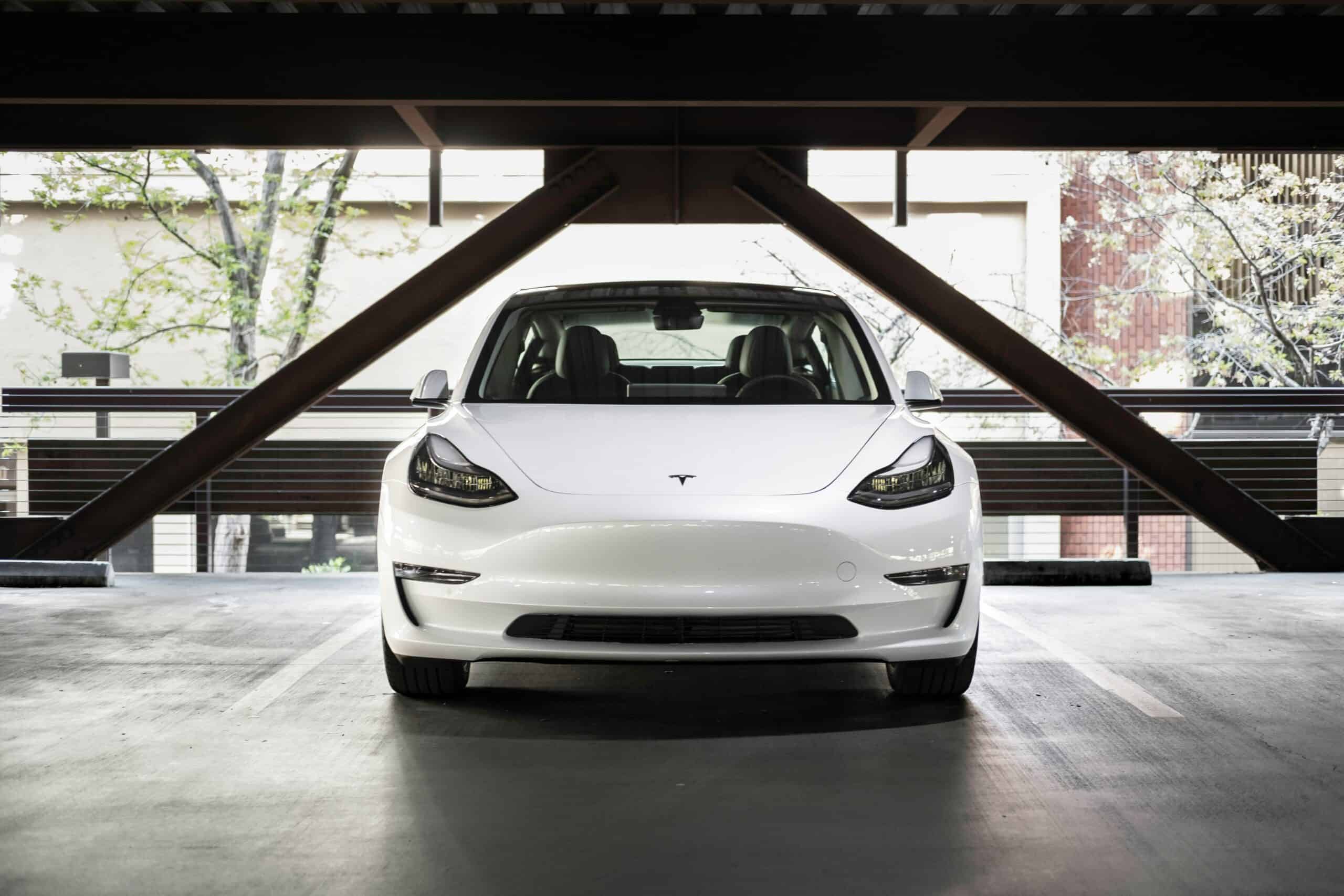
Photo by Charlie Deets on Unsplash
Americans Are Hesitant on Buying Electric Vehicles, AAA Survey Says
June 4, 2025
Despite all of the hype and headlines surrounding the increasing number of electric vehicles (EVs) on the road with each passing year, it appears that many Americans remain hesitant to adopt the relatively new technology.
According to a recent survey conducted by AAA, interest in purchasing a fully electric vehicle has actually fallen to its lowest level since 2019. While only 16% of those polled indicated that they would be either “likely” or “very likely” to purchase an EV as their next vehicle, nearly two-thirds (63%) of respondents indicated the converse — that they would be either “unlikely” or “very unlikely” to do so. The latter figure represents the highest level since 2022, moving 12 points upward from the 51% of those who replied in the negative during the last survey period.
“Since we began tracking interest in fully electric vehicles, we’ve seen some variability,” said Greg Brannon, director of automotive engineering for AAA.
“While the automotive industry is committed to long-term electrification and providing a diverse range of models, underlying consumer hesitation remains,” Brannon added.
Costs Associated With Purchase of Electric Vehicles and Battery Repair Cited as Primary Barriers to Purchase
The reason why many American drivers appear to be tuning out on the concept of purchasing a fully electric vehicle? According to survey data, high battery repair costs (62% said as much) and the initial purchase price of an EV in and of itself (59%) were cited as key factors.
Other notable entries on the list: a perception that EVs may not be entirely suited for long-haul travels (57% of survey respondents indicated as much), a lack of convenient and easily accessible public charging stations (56%), and a general fear of running out of charge while driving (55%).
Rounding out the pack of disincentives surrounding the purchase of an EV were broad safety concerns (31%), issues surrounding the installation of charging stations at one’s residence (27%), and the potential reduction — or elimination entirely — of EV-related tax credits and rebates (12%).
Concern for the Environment, Savings on Gas Costs, Lower Maintenance and Repair Costs Bolster EV Interest
While overall interest in purchasing an EV as their next vehicle is on the wane for drivers surveyed, those who did indicate interest in buying a fully electric vehicle gestured toward a wide array of reasons for doing so.
Up first: saving on gas bills. Nearly three-quarters (74%) of respondents stated that this was the primary reason they might consider buying an EV in the near future. Concern for the environment came in at second place (59%), followed by lower maintenance and repair costs (47%), the advantages provided by EV-linked tax credits and rebates (39%), and the cutting-edge technology afforded by EVs in the first place (22%).
A further 10% of those polled suggested that they expected their state to actually ban gas-powered vehicles in the years to come.
AAA’s results were somewhat contrasted by figures provided by a May 15 J.D. Power study, however. In that study, a majority of respondents indicated they were either “somewhat likely” (35%) or “very likely” (24%) to consider purchasing an EV — conditions which J.D. Power indicated could suggest “stable” consumer demand for electric vehicles.
Recent News








